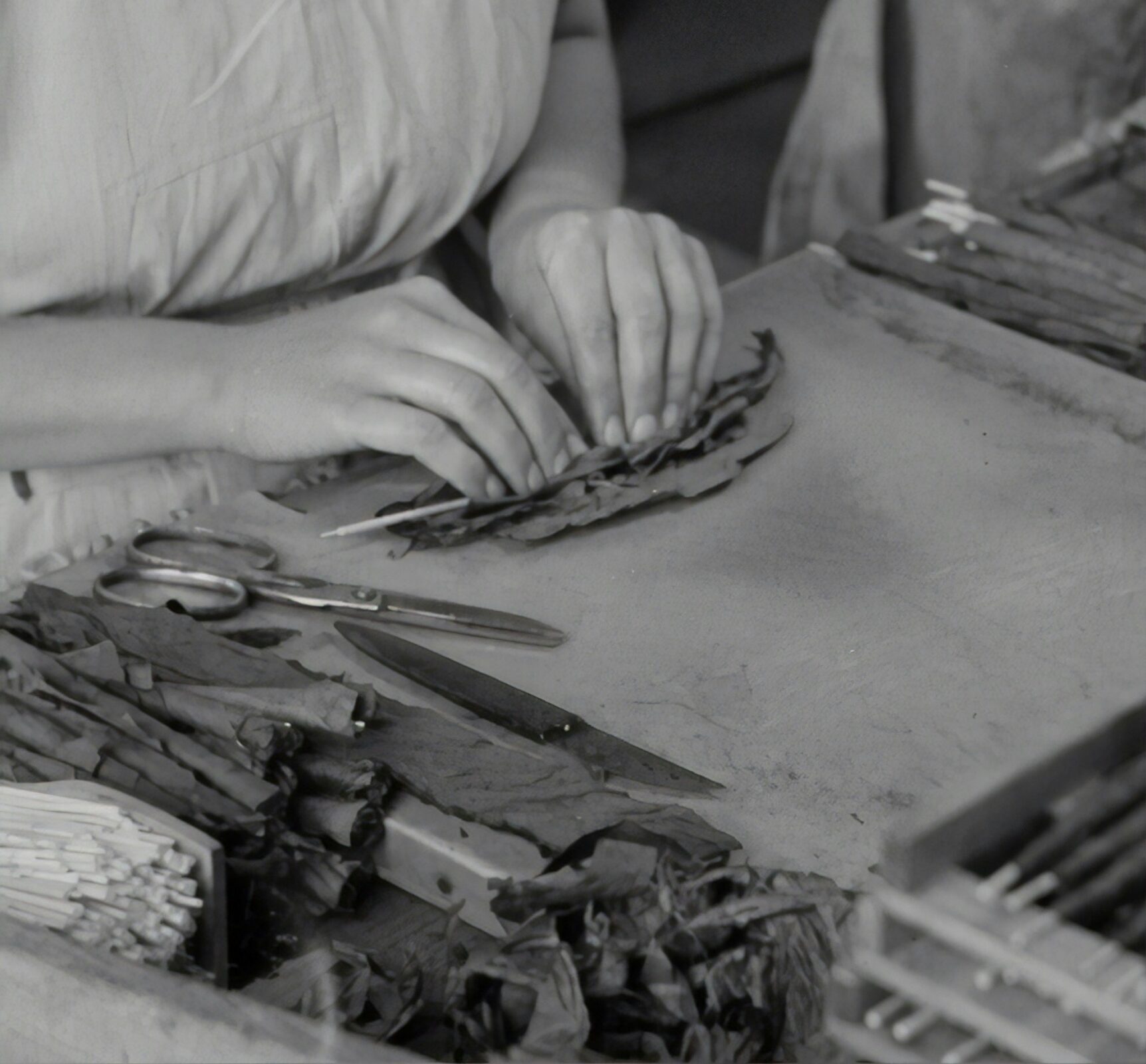It’s time, once again, for an unburdening of the oddities that have been accumulating in the cupboard of my soul. As always, if one doesn’t do anything for you, try the next one.
M. “That means they voted for Donald Trump.” So said my five-year-old grandson walking home from daycare, pointing to a house flying a US flag. Where and how do kids pick this stuff up? When U2 played “Helter Skelter,” Bono said, “This is a song Charles Manson stole from the Beatles. We’re stealing it back.” Non-MAGA Americans need to steal the flag back. What else needs to be stolen back? I’d suggest terms like “born-again” and “Pentecostal.”

N. Was Van Gogh prescient? I wondered recently when I saw his 1884 work, “Congregation Leaving the Reformed Church.” (Admittedly, the full title adds “in Nuenen.” Should we now add “and Sioux Center and Grand Rapids?”)
O. Purity Culture Shame. We’ve heard quite a bit about the pressure, shame, and distress felt by women who came of age in the era of “true love waits” and purity rings. But what about their parents? I admired the father I heard declare, “I refuse to accept the notion that whether or not my daughter is a virgin when she marries is an accurate assessment of the entire work of my parenting.”

P. Body Life. I’m a very intermittent and inept yoga practitioner. When I do, I often wonder why in the wide and historic stream of Christianity is there nothing similar? No tradition, no strand, no religious order or monastery, ever developed some sort of physical training with spiritual underpinnings — at least to my knowledge. Does that suggest devaluation, discomfort, and distrust in our bodies? As I attempt downward dog I think, it simply shows that big, taut bumpkins from frigid climes were not really designed to do this.
Q. Too much of a good thing? “Almighty and everlasting God, you are always more ready to hear than we to pray, and to give more than we either desire or deserve.” It was the word “desire” that jumped out at me in this prayer. Haven’t we all been in that place of asking God for something? Just not too much, please. I recall a cartoon in the satirical magazine, The Wittenburg Door, where a man was praying to be closer to God, for his faith to be stronger, for the Holy Spirit to feel more real . . . “But please Lord, don’t make me like Gary at work. I don’t want to be a weirdo like Gary.”

R. Universalism? Recent genetic testing shows that many people of northern European descent have neanderthal ancestors. My slight and swift Mediterranean in-laws often tease me about my neanderthal traits. We can safely assume that salvation isn’t simply for Homo sapiens, can’t we? Some used to wonder if Arminians would be saved. Now we have to wonder about other species! I seem to recall Paul Tillich commenting on the theological implications if extraterrestrials are encountered. But I can’t recall his conclusions. Savior of the Universe is a pretty big title.
S. Heresy. It was a conversation at church about the Trinity. Some theologically-trained and some normal folk. We were bantering around different terms and descriptions. One person finally piped up, “I need some clarification about the word ‘heresy.’ When I hear it I think of something awful — burning people at the stake or cutting out their tongues. Yet you keep using it like it’s not that big a deal. Just a little off-kilter. As if anyone, everyone, could be a heretic.” Once at a Synod meeting, the speaker was a leader of a monophysite Christian church (Look it up! It was declared a heresy by the Council of Chalcedon in 451.) Afterwards, I approached him, out of curiosity, not criticism, asking if I worshiped with them regularly would I eventually be able to detect the “heretical” differences. He replied, “Probably not.”
T. A hopeful future? A prayer I often hear goes something like “we give thanks for your saints — past, present, and still to come.” I love to think about still unknown babies and toddlers and teenagers out there who will someday do saintly things. Similarly, after Harris’ defeat at the polls last year, a wise friend wrote to us, “somewhere out there is a girl who will someday be the first woman US president. Let us begin to pray for her now.” It helped.
U. Post-Christian, indeed. While visiting a Catholic hospital, the child of a friend asked, “Why does every room have a plus sign on the wall?”

V. Sober assessment. “When I look at the places and institutions that have shaped me, that I invested my life in — my hometown, our farm, my school, my church, my denomination — really my life has consisted of watching them all erode and virtually disappear.” The words of a good friend from a small town in the upper Midwest.
W. No red. Since Covid, and now especially in retirement, neckties are something I rarely wear. But when I do, I scrupulously avoid red ties. Anyone else? Red baseball hats, too. Can’t wear them anymore. No matter the logo on the front.

X. First brush with “elitism.” I was a young seminarian leading a study group composed primarily of older women. As an icebreaker I asked them to share a high school memory. None of the six or eight people had attended high school. They all had begun working full time at about age 14-16 to help support their families. (Most of them were hand-rolling cigars as young women!) When I reported to my supervising pastor that I felt snobby and presumptuous for asking such a question, she replied, “Don’t apologize for the opportunities and privileges you’ve had.” Was that good advice?
Y. Male sentimentality? Stanley Hauerwas once said that “Sentimentality, not atheism, is the deepest enemy of the Christian faith.” Adds Oscar Wilde, “A sentimentalist is simply one who wants to have the luxury of an emotion without paying for it.” Maybe both are correct. I’d contend that sentimentality is often viewed as a “woman’s thing.” A softness. Mawkishness. Melodrama. What is the male equivalent? Certainly, there has to be one. What does male sentimentality look like?

Z. “I’m so glad I live in a world where there are Octobers,” says Anne Shirley in Anne of Green Gables. I often compare my life to months and seasons. I believe I’m now in my October. The harvest is in. The heavy work is past. Days are golden, restful, and filled with delights, even if an occasional cold-snap pops up. I want to be grateful and generous, to savor it, even as I try also to recognize that the bitter winds of November and dark nights of December are inevitably coming. Memento mori.
Farmland photo by Ric Matkowski on Unsplash
Cigar rolling photo by Austrian National Library on Unsplash


16 Responses
Wise, clever, humorous, uplifting. They often flow together. I suspect the common thread is humility. I enjoyed this!
It is such a good “day starter” to read your thoughts and wonderings, Steve. Thank you.
Thank you, Steve. I am often a silent observer of RJ posts, and want you to know that any time I read a piece written by you I feel encouraged, mentally stimulated, and “lighter”. I appreciate your keenly insightful and well-articulated thoughts.
Thank you for sharing these accumulations from the attic of your mind. Each one was enough to stop, pause, and think on before proceeding to the next. Especially loved the Anne Shirley quote about October. The trees across our pond are turning and twirling this morning as they fight to hold their leaves enough for us to enjoy a bit more; such an apt description of our aging.
Lovely and softly brilliant, Steve. I had to stop and laugh at the yoga bit—been there, suffer there, every week. Now my down dogs will collapse in laughter.
Steve,
This is great. Thank you.
As for “P. Body life” the answer is, “Yes, yes we do.”
Rodney, “Yes” to what??
V. So has it ever been. So shall it ever be.
My immediate response to Western lack of anything yoga-like, would entail a look at the flagellants, but that seems a bit extreme—and probably not physically beneficial in the long run.
Steve
Thanks, as always, for your clever and thought-provoking blog.
About “Sentimentality,” male or not: why do I always sing along and feel good about it when I hear John Denver’s “Country Roads”? I neven lived in the country. As a city boy I didn’t see a cow till I was about 18 (p.s., they are very large, smelly and poor looking). As far as country roads, in the fall I always enjoy driving over to Pigeon Forge (where Ms. Dolly lives) to the The Old Mill , a restaurant on the Little River that serves up the best Appalachian cooking. But Pot Roast and Hush Puppies where never in my New England upbringing — yet I feel very much “at home” there. What’s going on?
Is it just that, whatever it is, it’s an example of our deeply human desire — as Frederick Buechner wrote — that we are “longing for home”?
What do you think?
Thanks, Ron. You weren’t the only one to inquire a bit about “sentimentality” and does it unfairly get a bad name. Sheer speculation, but for those of us who came from more austere traditions is sentimentality more attractive, even necessary? Do we belittle sentimentality because we see it as a “women’s thing”? A “weakness”? I think that’s what I was trying to point toward. When sentimentality is devalued are we devaluing softness and weakness–which aren’t necessarily bad things. And while it may be easy to identify and mock typical sentimentality, I have to think the most manly of men have their own way of being sentimental, but we don’t identify and dismiss it as such. It–whatever it is–is acceptable and manly. All conjecture at this point. Thanks!
I am in November, still with enough wits to send you A Standing O.
One of you wondered, can’t we “steal back” red neckties and red hats? I’ll let that be your project.
Perhaps we can steal back the flag, the cross, and perhaps even Christianity. Seems we’ve ceded too much!
Thanks for your thoughts, always entertaining and challenging.
Hi Steve, the comment, “When I look at the places and institutions that have shaped me, that I invested my life in — my hometown, our farm, my school, my church, my denomination — really my life has consisted of watching them all erode and virtually disappear,” resonated with me at a visceral level.
S, on Heresy, in Systematic Theology at Western Seminary they said that a heresy doesn’t have to be something wrong, but it is saying only one side of the truth. For example, if you only say God is one but never say God is also three, then you are a heretic, just as if you only say God is three but never also say God is one. Truth is both/and. This would apply as well to the dual nature of Christ: both human AND divine, not either one OR the other, right?